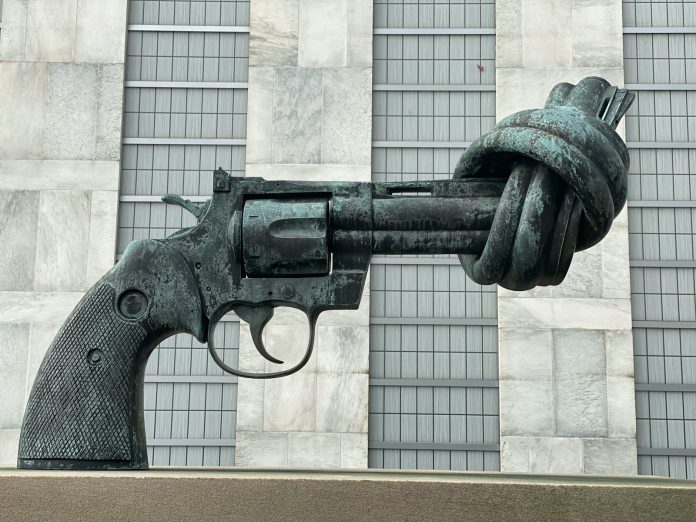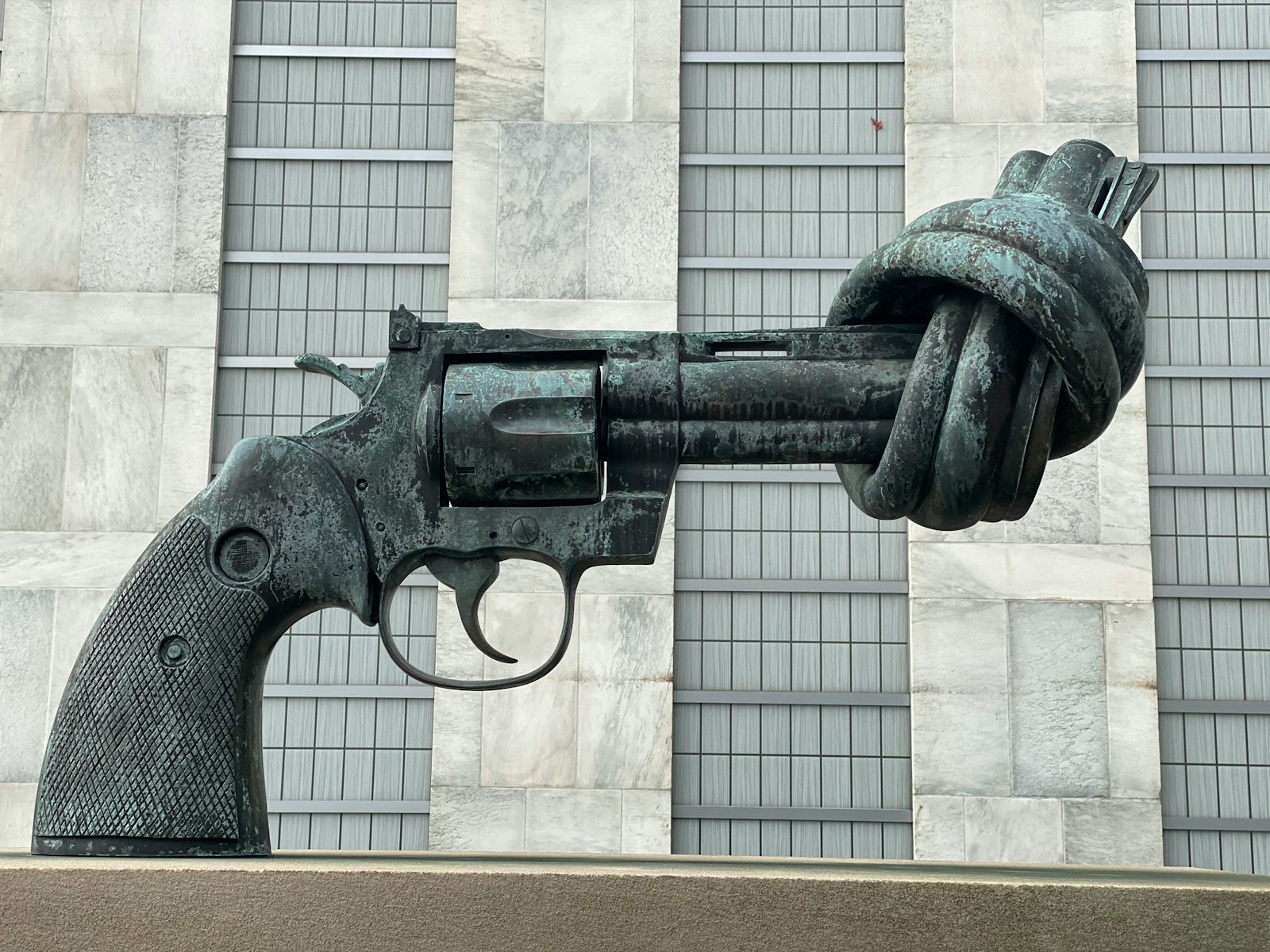
In the wake of a Supreme Court decision and a series of high-profile shootings, New York has tightened its grip on gun regulations, stirring a whirlwind of debate among citizens and lawmakers. The new measures, some of the strictest in the nation, come as a direct response to rising gun violence and aim to enhance public safety while promoting responsible gun ownership.
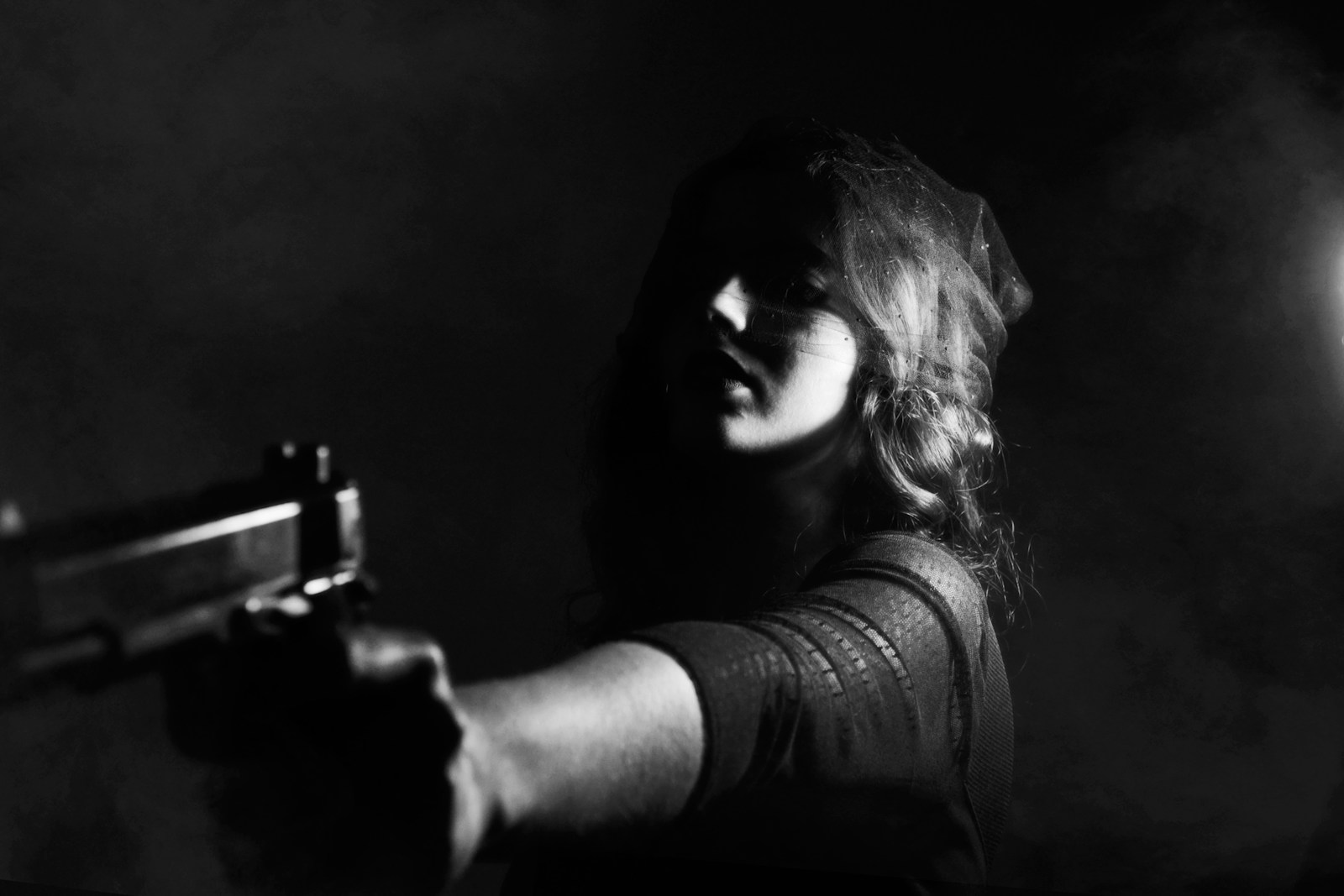
At the heart of the controversy is the state’s freshly minted laws which redefine the landscape of firearm possession and concealed carry in New York. Central to the discussion are questions of safety, the effectiveness of these laws, and the rights of lawful gun owners.
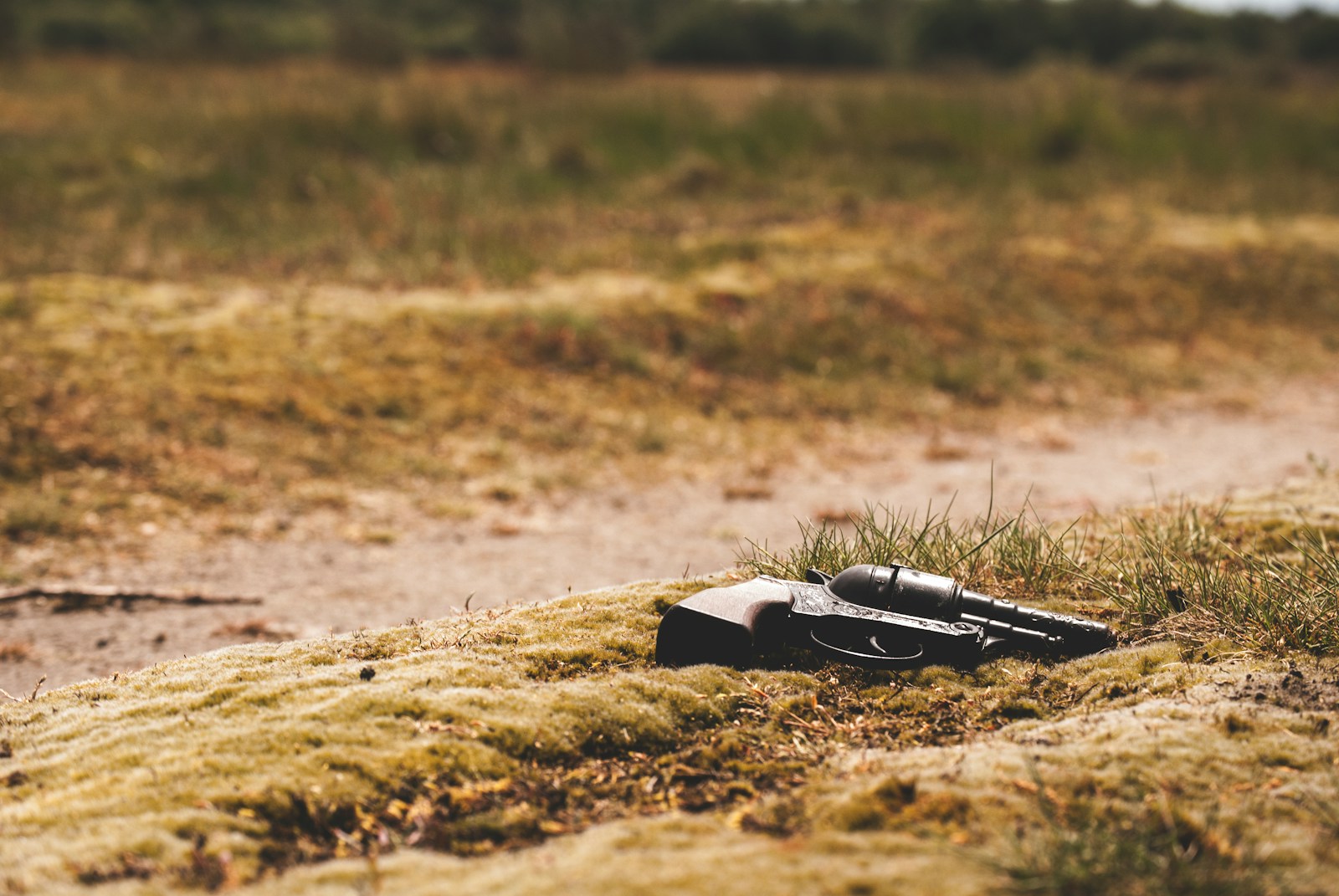
The legal terrain has shifted significantly following a landmark ruling by the Supreme Court in New York State Rifle & Pistol Association v. Bruen, which struck down New York’s long-standing “may issue” pistol permit license scheme as unconstitutional.
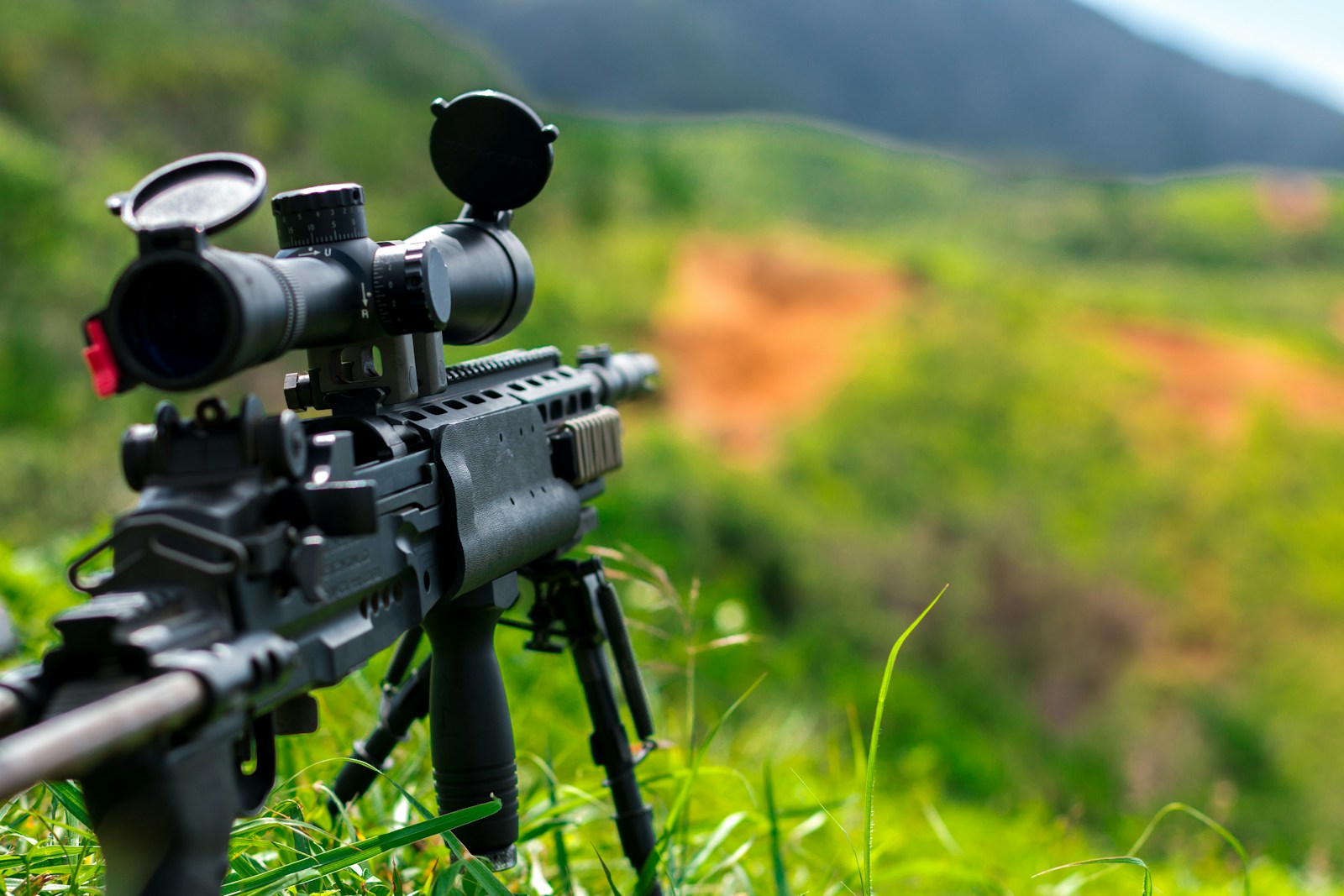
This prompted an immediate legislative session called by Governor Kathy Hochul to implement new restrictions on where licensed conceal carry permit holders can lawfully carry firearms.
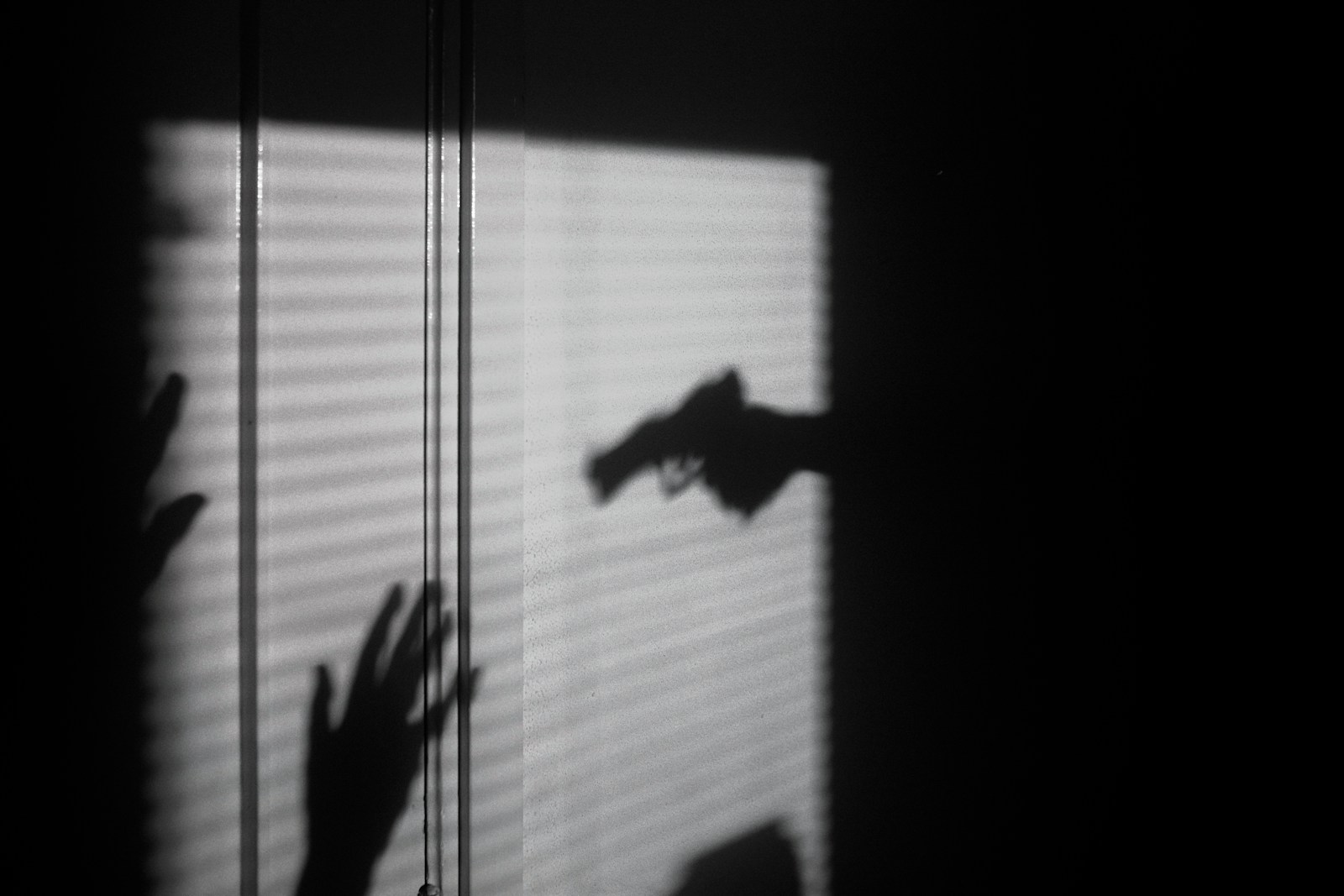
The ensuing laws have introduced background checks, a state database for ammunition purchases, and heightened training requirements for concealed carry permits.
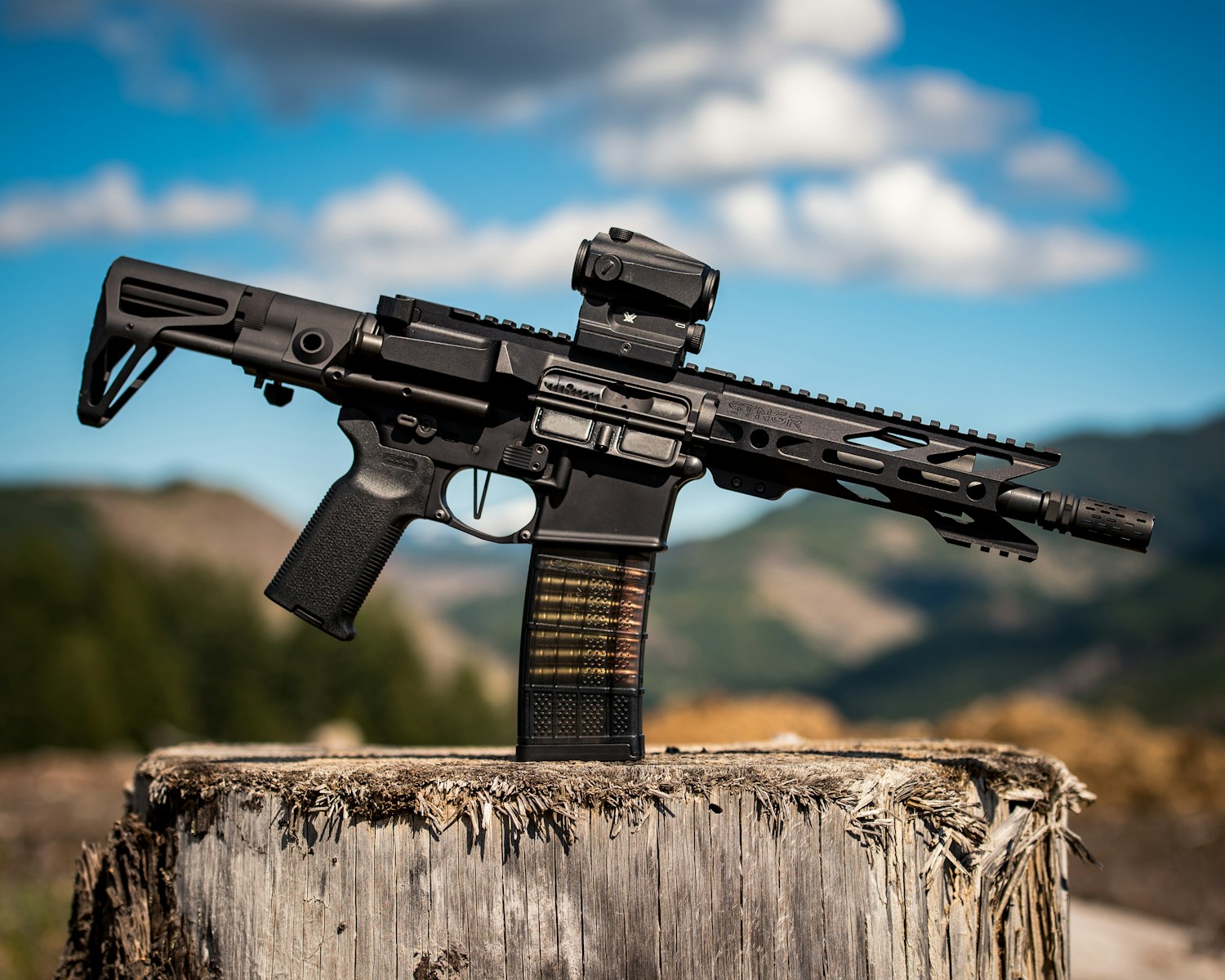
Individuals seeking a “have and carry concealed” license, now face a comprehensive process including proof of completing a firearm safety training course, character references, social media account disclosures for the last three years, and an in-person interview with a licensing officer. Notably, even retired law enforcement officials will need to apply for a concealed carry license under the new regulations.
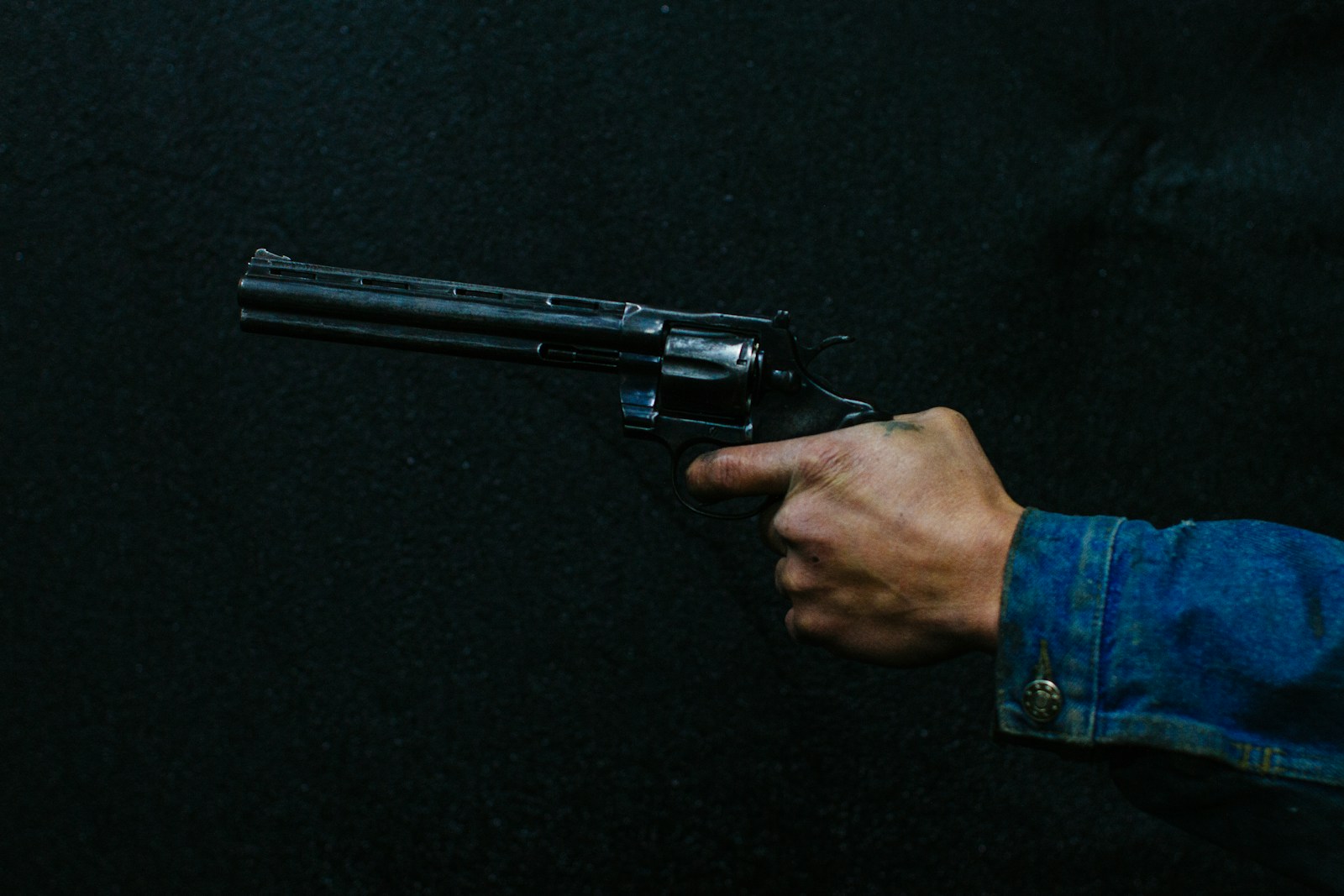
Public safety remains a central focus, with the state designating a range of sensitive locations where the possession of firearms, including for those with concealed carry licenses, is strictly prohibited.
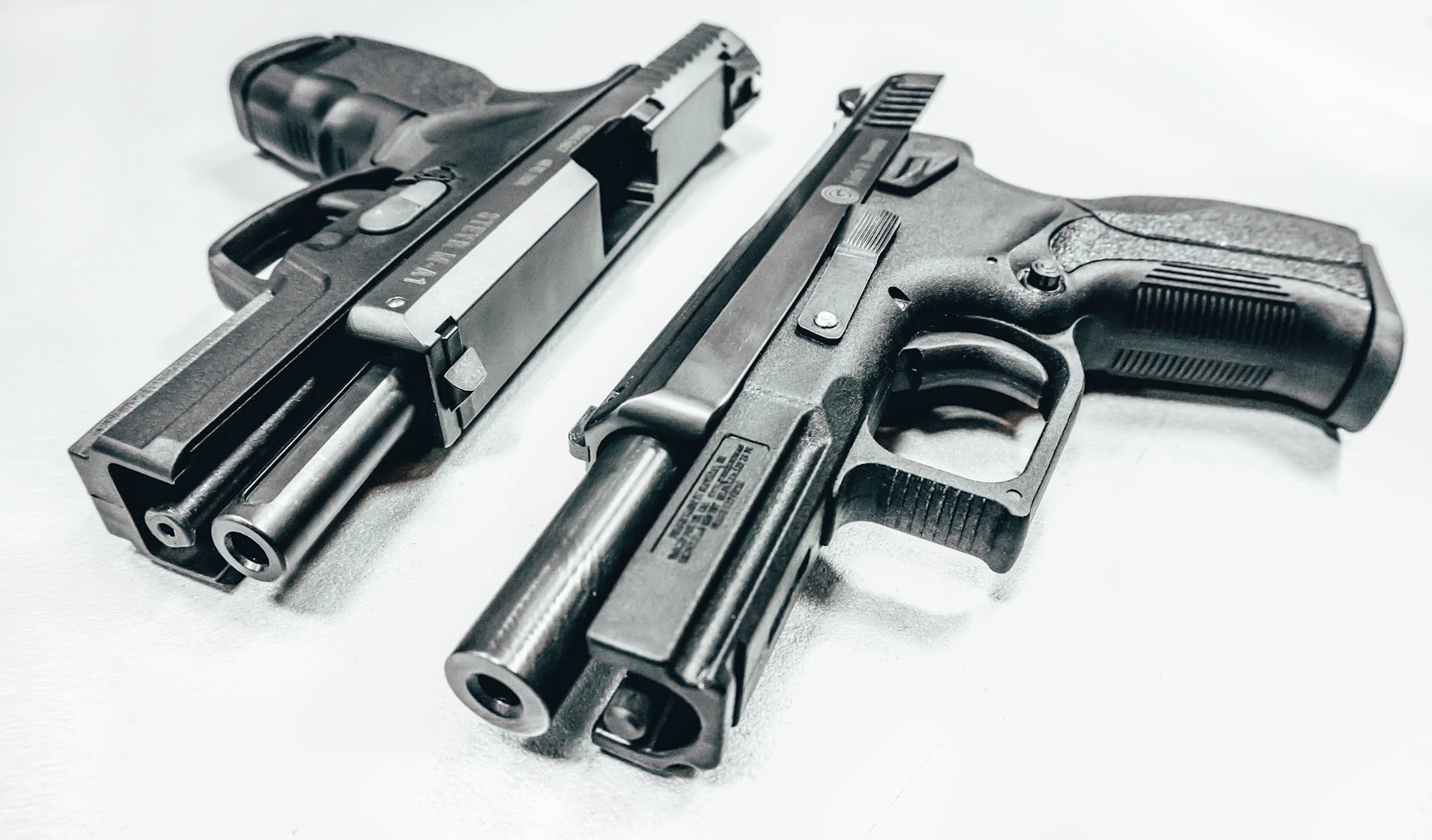
These locations include government facilities, health care and educational institutions, places of worship, public transportation, and areas where large groups gather, like Times Square.
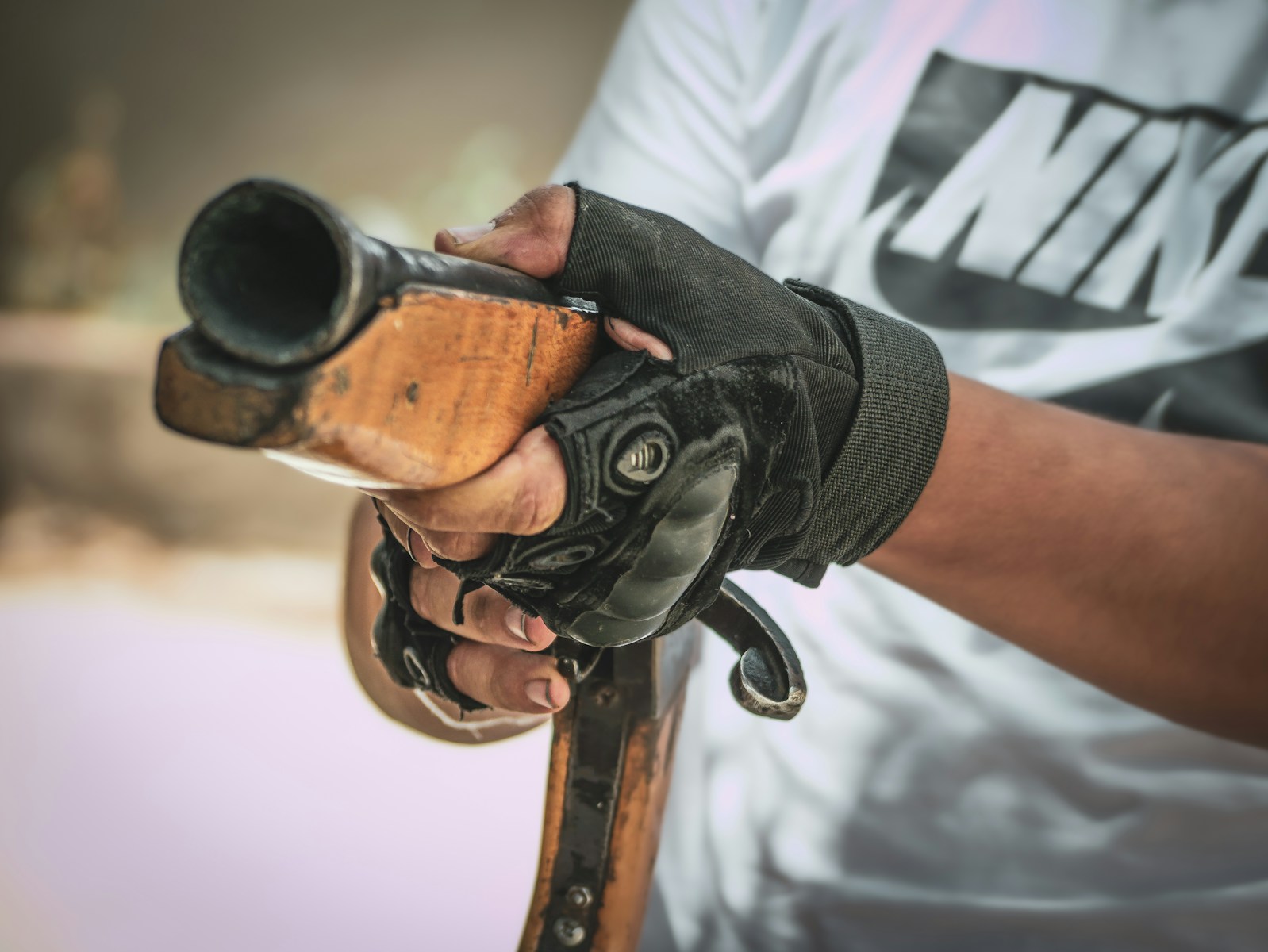
The Governor’s office emphasized the commitment to keeping New Yorkers safe, particularly in the wake of the racially motivated mass shooting in Buffalo.
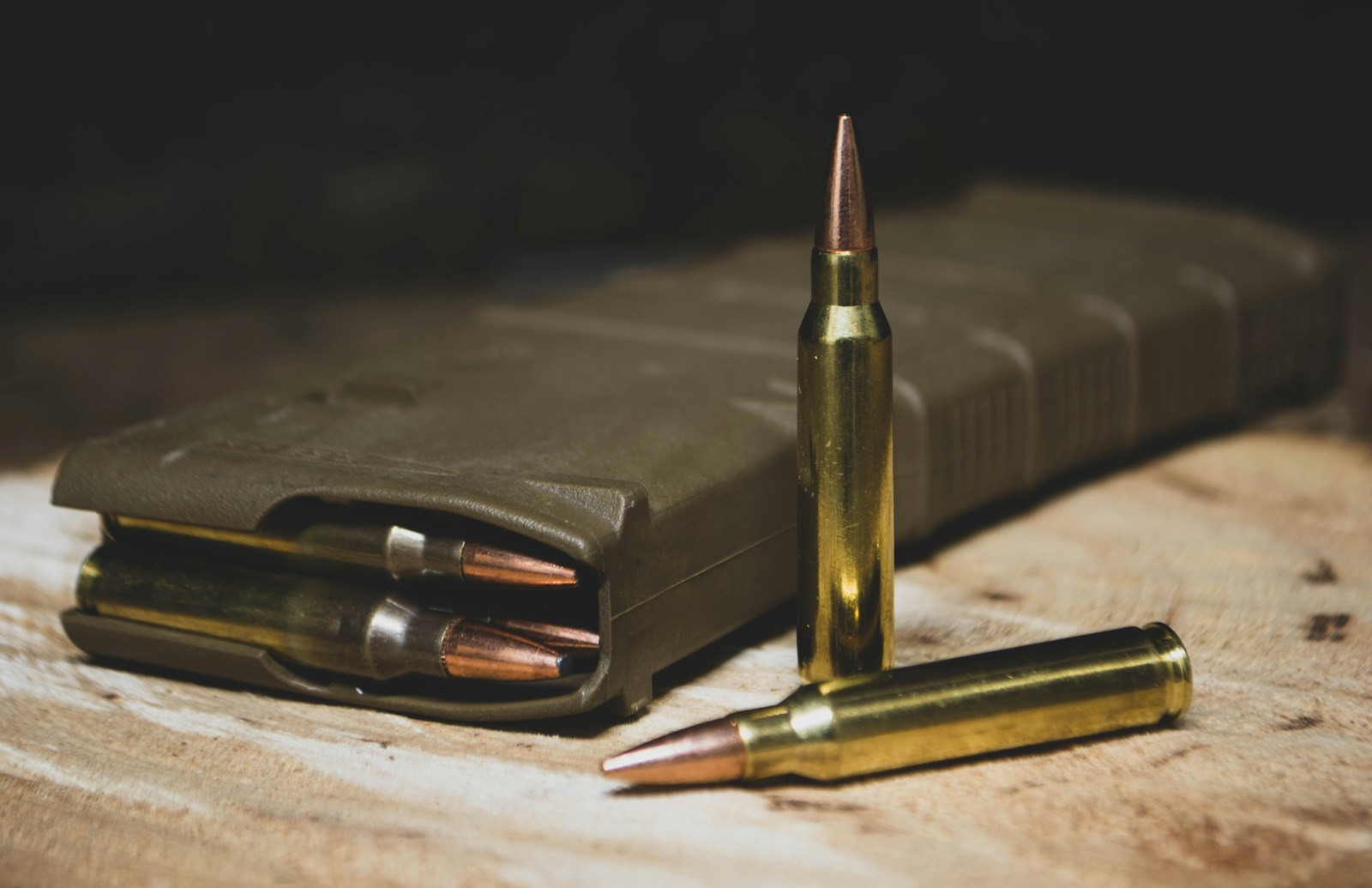
Governor Hochul’s administration has also reinforced the state’s Red Flag Law and introduced a domestic terrorism unit to address violent extremist threats.
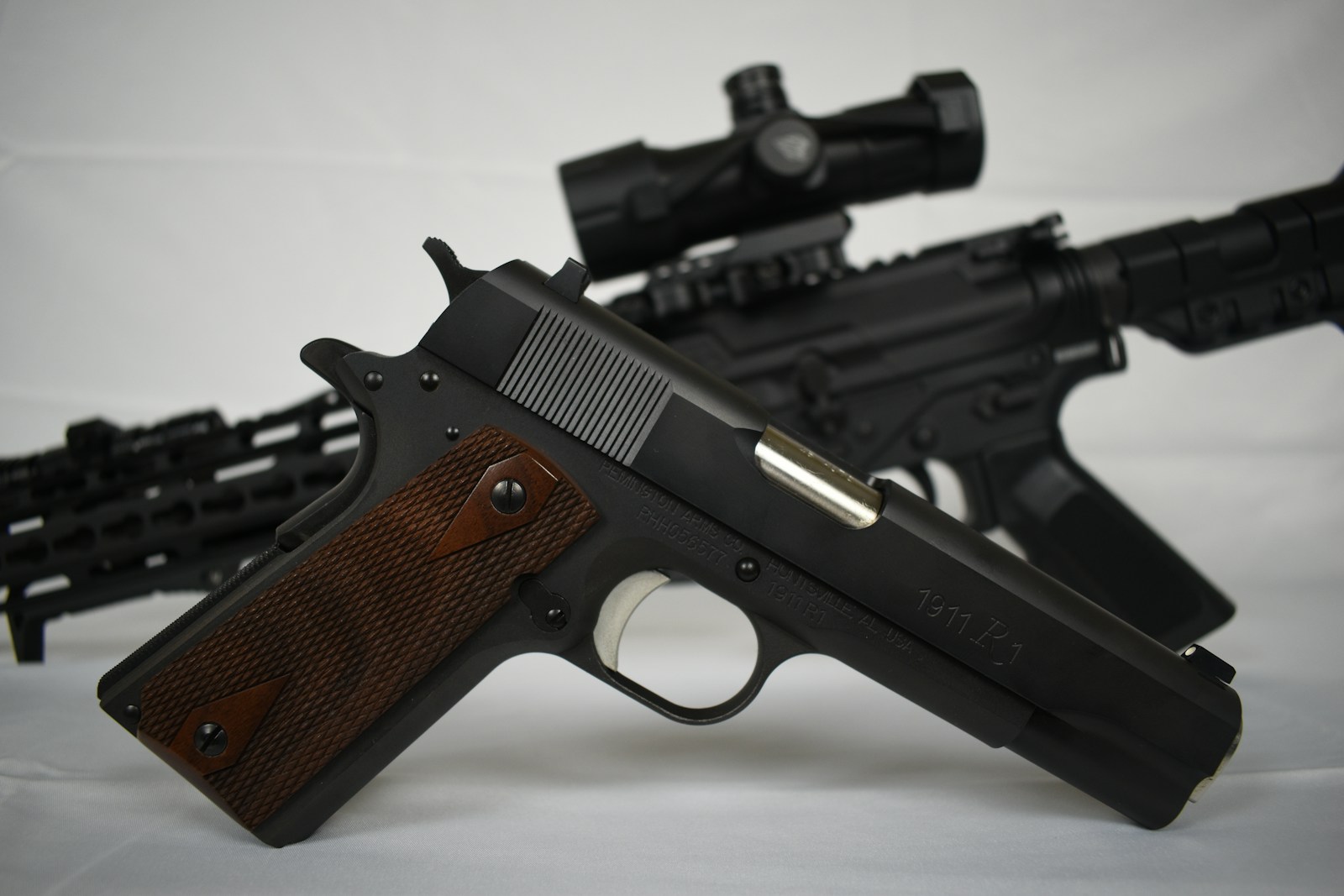
However, the changes have not come without pushback, as gun owners and advocates challenge the efficacy of these laws. Critics, like Larry Keane, argue that such restrictions unfairly target law-abiding citizens, pointing to data suggesting concealed carry permit holders are among the most law-abiding demographic in America.
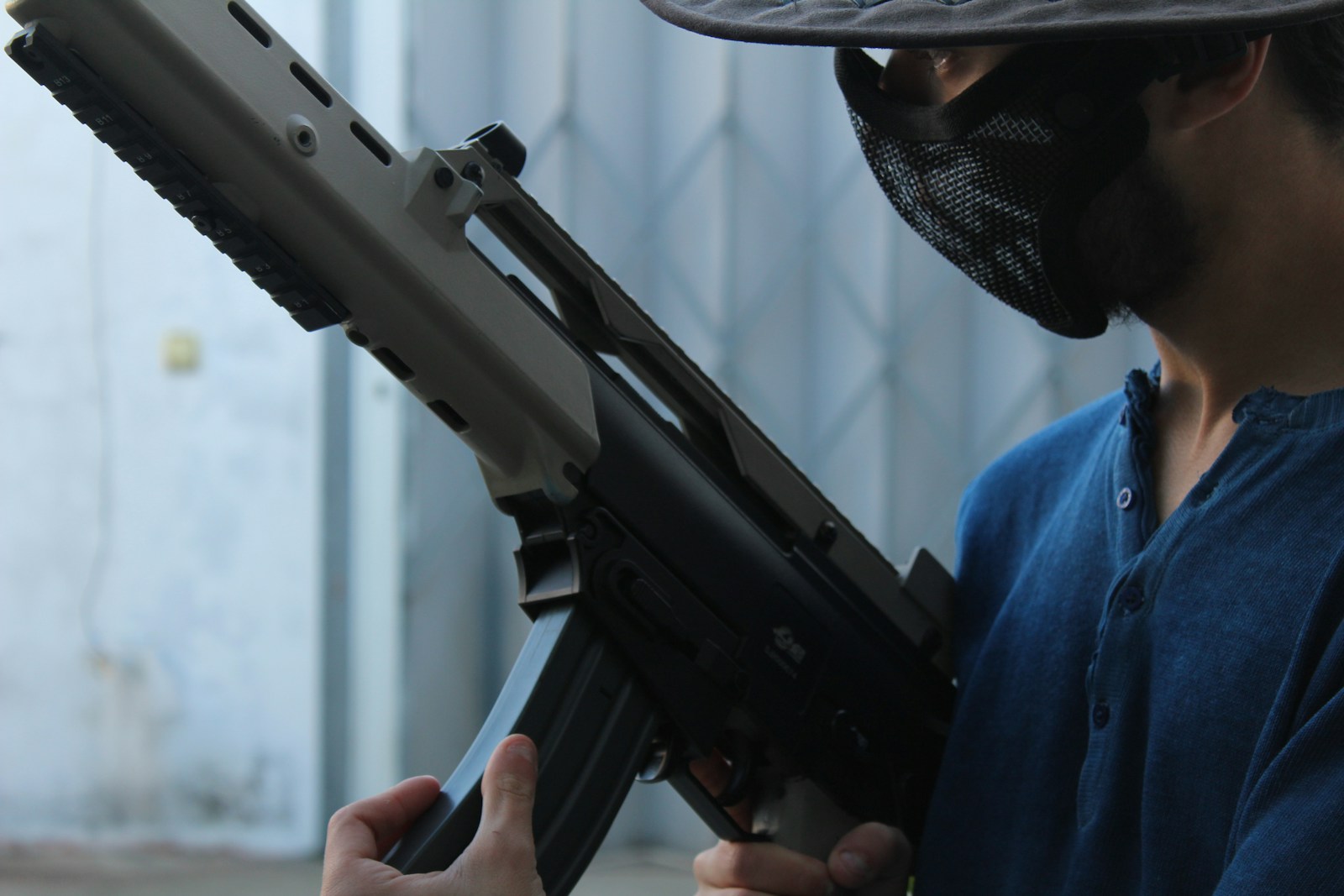
In a poignant exchange that has resonated across media, Governor Hochul, when pressed for data to support the new restrictions, replied, “I don’t need to have numbers,” indicating a stance that prioritizes action over data-backed rationales.
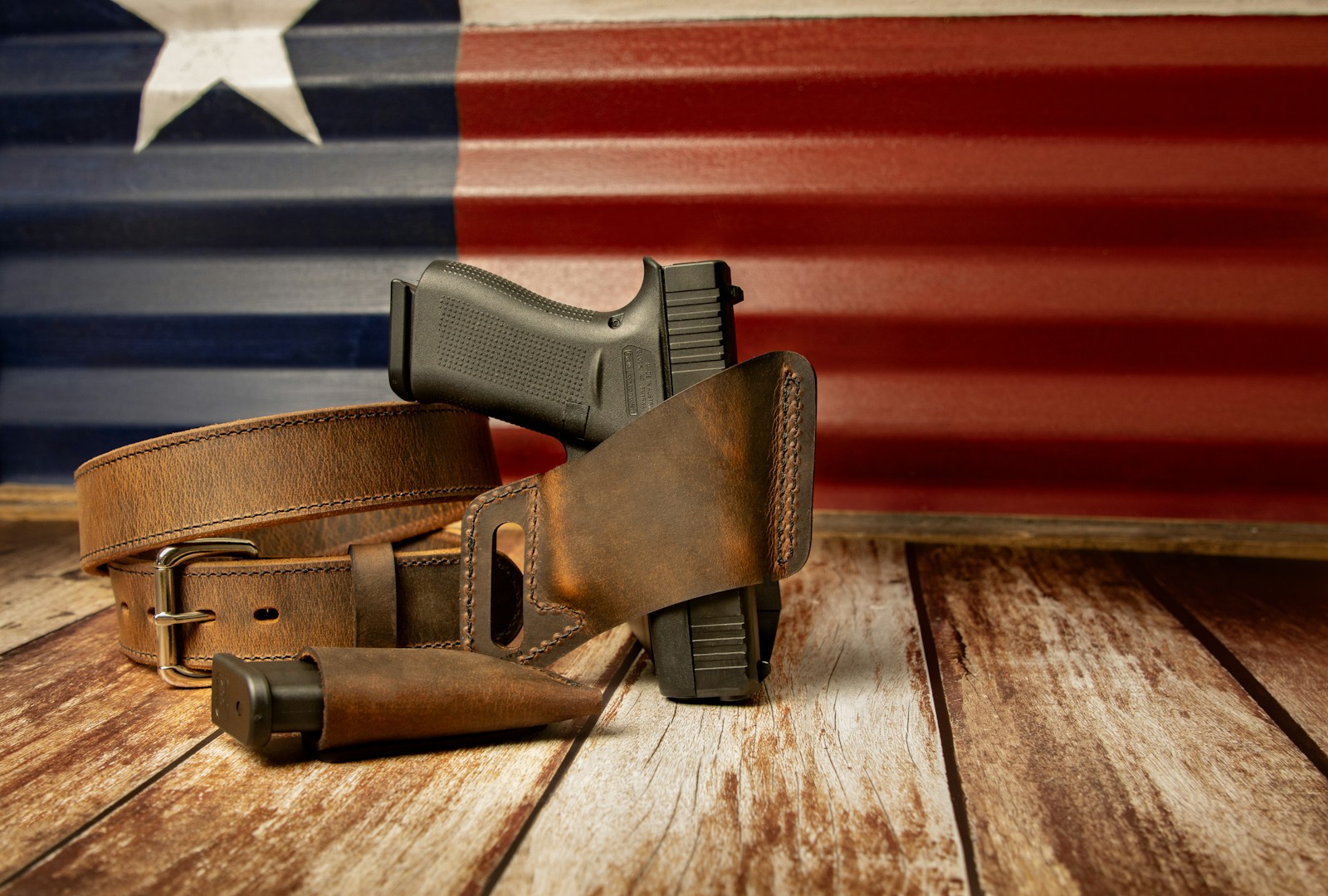
Security exemptions exist within the regulations, allowing certain individuals, such as police officers, armed security guards, and active-duty military personnel, to carry firearms in certain restricted areas, although this is still subject to other New York gun laws.
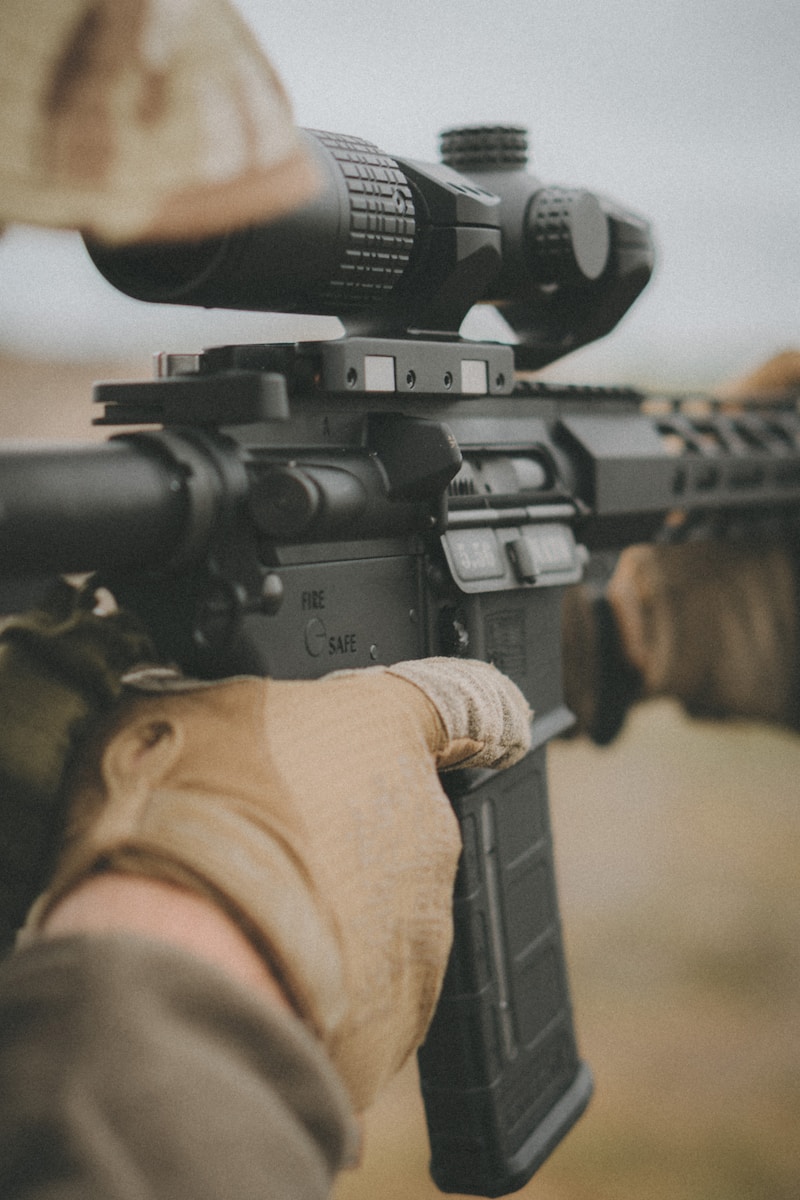
For those wondering if it’s a felony to have a gun in a hospital in New York, particularly if they have a concealed carry permit, the answer is nuanced. While there are tight restrictions, specific exemptions apply, such as for security guards with an armed registration card and other designated personnel.
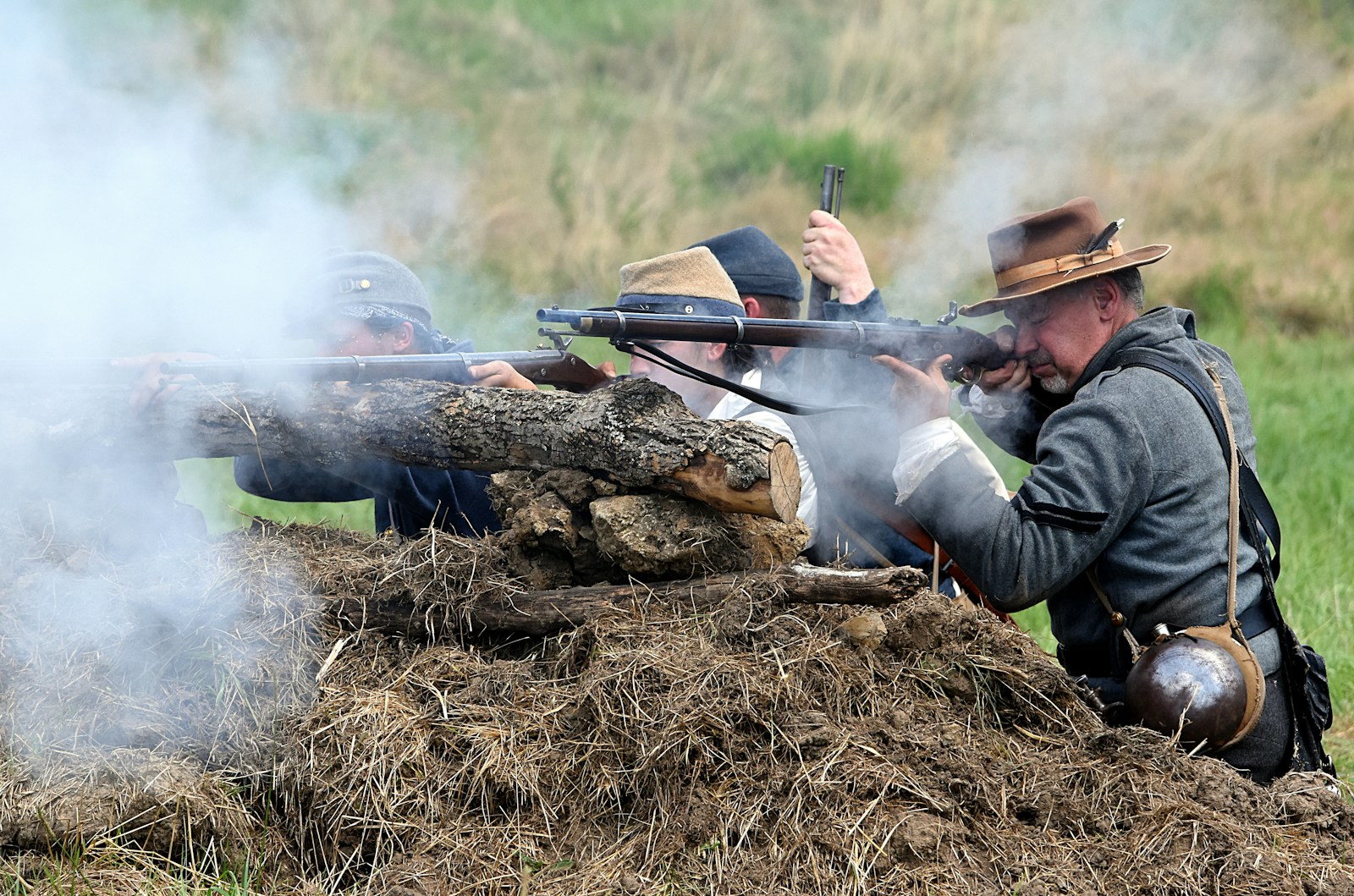
As New York navigates this new era of gun safety legislation, the balance between constitutional rights and public safety remains a polarizing and complex issue, one that will undoubtedly continue to be contested in the realms of public opinion and the courts.
Relevant articles:
– Insights Into Carrying Firearms: Navigating NY State Regulations, WNBF
– Frequently Asked Questions: New Concealed Carry Law, Gun Safety in New York State (.gov)
– Gov. Hochul: Here’s What The Data Actually Says, NSSF | The Firearm Industry Trade Association
– Gun Safety in New York State, Gun Safety in New York State (.gov)
